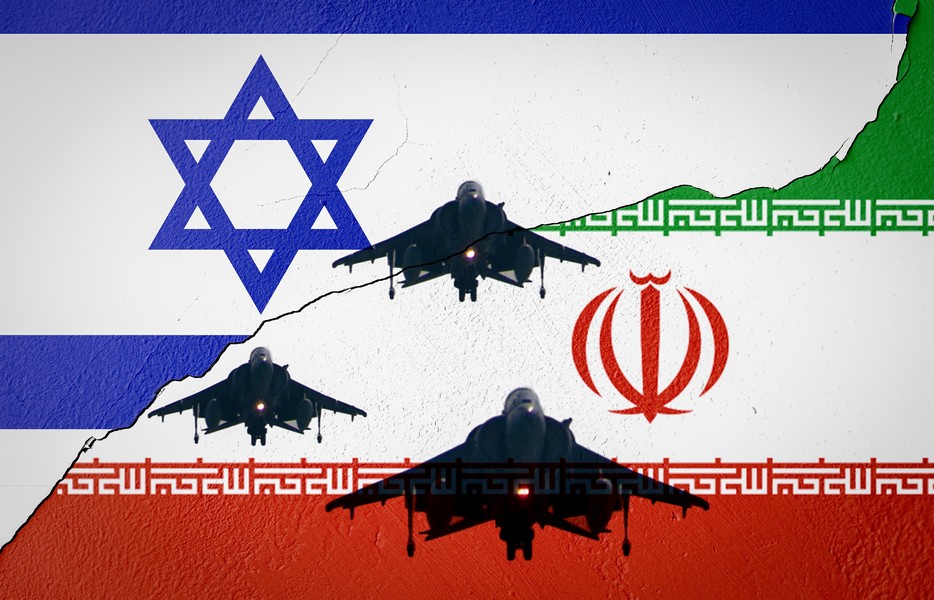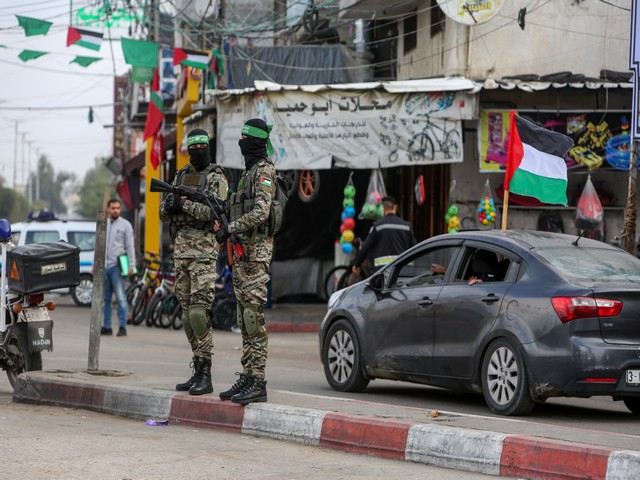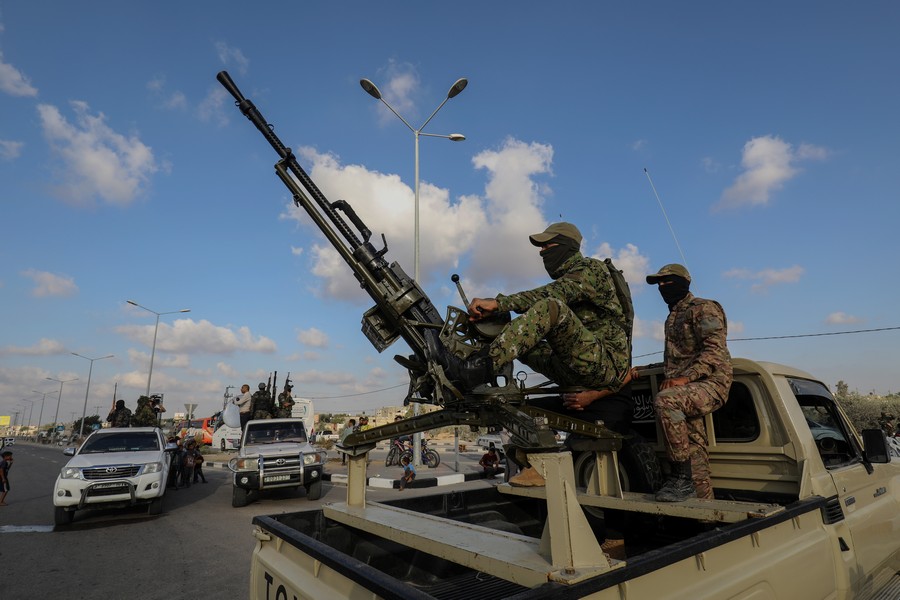A ‘Biblical’ Shift: Iran’s Collapse
Prof. Kobi Michael describes the unprecedented strategic and military synergy between Israel and the United States as a “biblical event” that has effectively targeted Iran’s top leadership.
He asserts that the Iranian regime is facing a potential collapse or fundamental transformation because its ability to strike back is being crippled by a critical shortage of missile launchers, which are being systematically destroyed by Israeli and American forces. To prevent the threat from re-emerging, he emphasizes the necessity of a joint Israel-U.S. control mechanism to ensure the regime cannot reconstitute its nuclear program, ballistic missile arsenal, or regional proxy networks.
The full interview airs on Fox News on March 2, 2026.
*The opinions expressed in Misgav publications are the authors’ alone.




